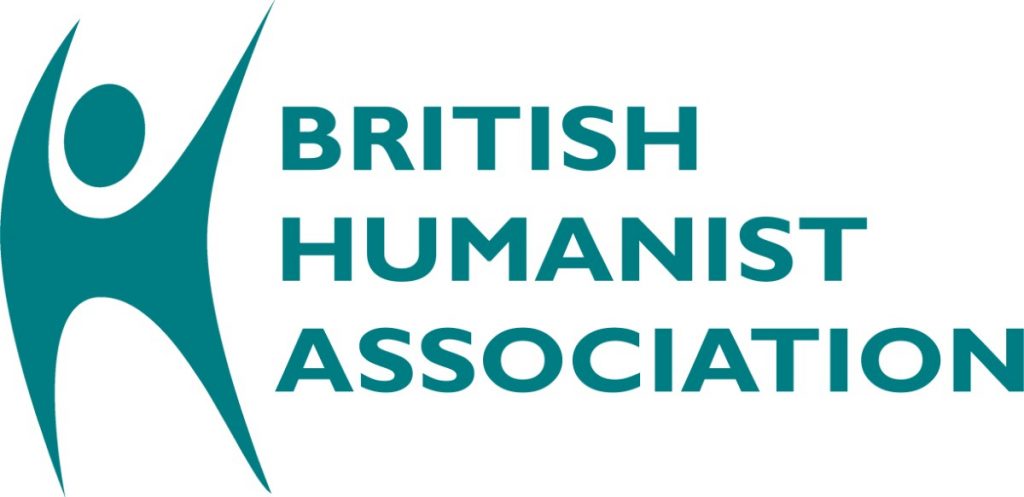BHA: Humanist peers vocal in freedom of religion and conscience debate in the Lords
A number of peers belonging to the All Party Parliamentary Humanist Group (APPHG) gave a robust defence of the rights of those who do not hold to any religious beliefs during a debate in the House of Lords last night. The debate concerning 'the Government strategy for promoting freedom of religion and conscience internationally as a fundamental human right and as a source of stability for all countries' was moved by the Lord Bishop of Guildford.
The Bishop outlined his concerns about persecution being faced by many religious groups across the globe urged the British Government 'to continue to support the United Nations rapporteur in moving beyond the issues of defamation or incitement, important as those issues are — for 45 years the aspiration of drafting a convention on the freedom of religion or belief has been on ice.'
Lord Parekh responded to the Bishop's proposition by offering two 'critical footnotes' to balance the debate: 'First, when we talk about religion and conscience, there is a danger—I do not think that the Bishop made this mistake — of equating conscience with religion as if a non-religious conscience does not have the same rights as a religious conscience. I would like to insist that atheist and secularly minded people can feel just as strongly, hold certain beliefs just as strongly and be committed to a certain way of life just as strongly as religious people, and they need to be protected. Secondly, I am slightly uneasy about calling freedom of religion a fundamental human right. If something is important enough to be a human right, by calling it fundamental one is either guilty of tautology and thus not adding anything or one creates confusion by saying that there can be human rights which are not fundamental. To call something a human right is by definition to say that it is absolutely fundamental and non-negotiable.'
Former APPHG Chair Lord Macdonald of Tradeston gave a robust defence of those who were Humanists and their place in society, stating, 'Here in Britain, in defence of our freedom of religion and conscience, secular organisations such as the British Humanist Association are potential allies of those faith groups active in opposing oppression. After all, the 25% who declare that they have no religion are in almost every other regard identical to the 75% who tick the census box declaring their religion. Whether humanists or religious believers, we in Britain share common values — many of them anathema to the sectarians, who refuse dialogue.'
Fellow APPHG member Lord Collins added, 'I am pleased to hear the right reverend Prelate the Bishop of Guildford note that religious freedom is not ultimately in opposition to other rights such as freedom of expression, non-discrimination, women’s rights and gay rights. As a humanist, I would certainly not suggest that freedom of religion and belief be elevated over other human rights, nor that they can go unchallenged where the safety or rights of others are threatened. Yet neither can religious belief simply be seen as a right at the margins, to be considered only when no other rights come into play.'
The debate was concluded by the Senior Minister of State, Department for Communities and Local Government & Foreign and Commonwealth Office, Baroness Warsi who commented that the Government take the promotion of the protection of the right to freedom of religion or belief as a key human rights priority. She also emphasised that the freedom to have a religion or belief included the right to freedom from religion. The British Humanist Association will be meeting with the Foreign Office on some of the issues raised in this debate.
Notes
For further comment or information, contact Pavan Dhaliwal at pavan@humanism.org.uk or on 0773 843 5059.
The British Humanist Association is the national charity working on behalf of non-religious people who seek to live ethical and fulfilling lives on the basis of reason and humanity. It promotes a secular state and equal treatment in law and policy of everyone, regardless of religion or belief.





-01.png)